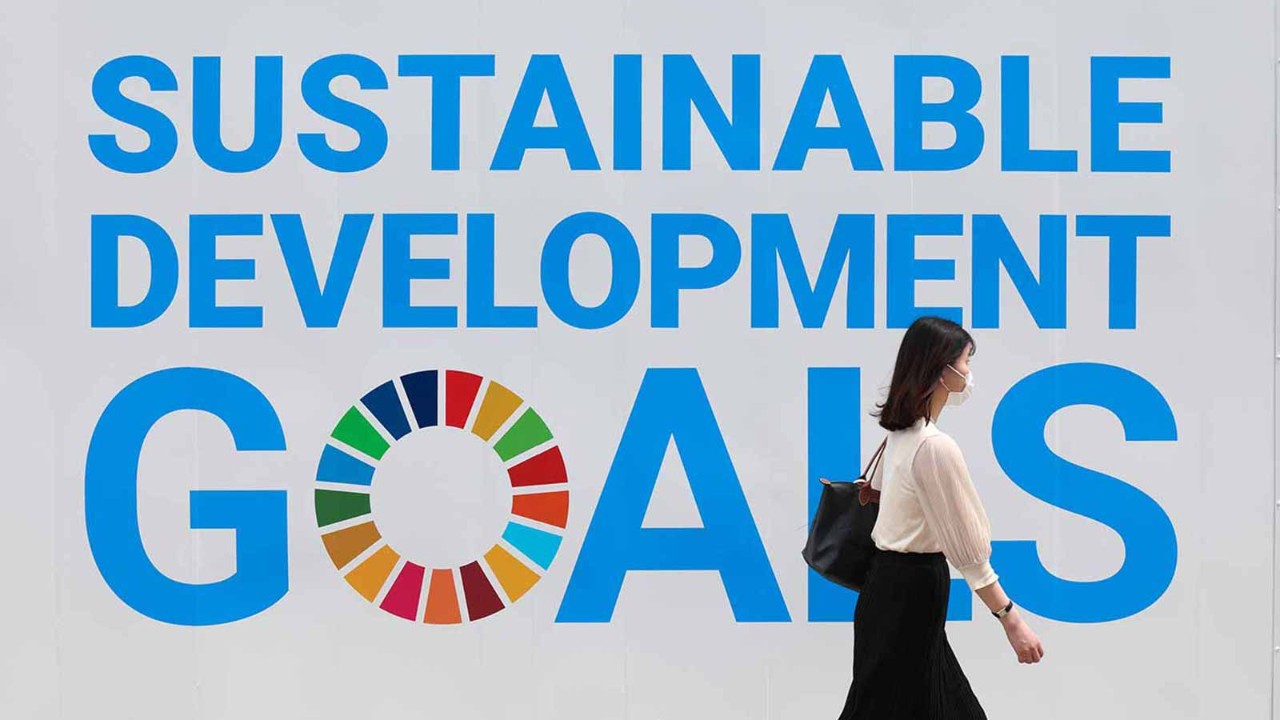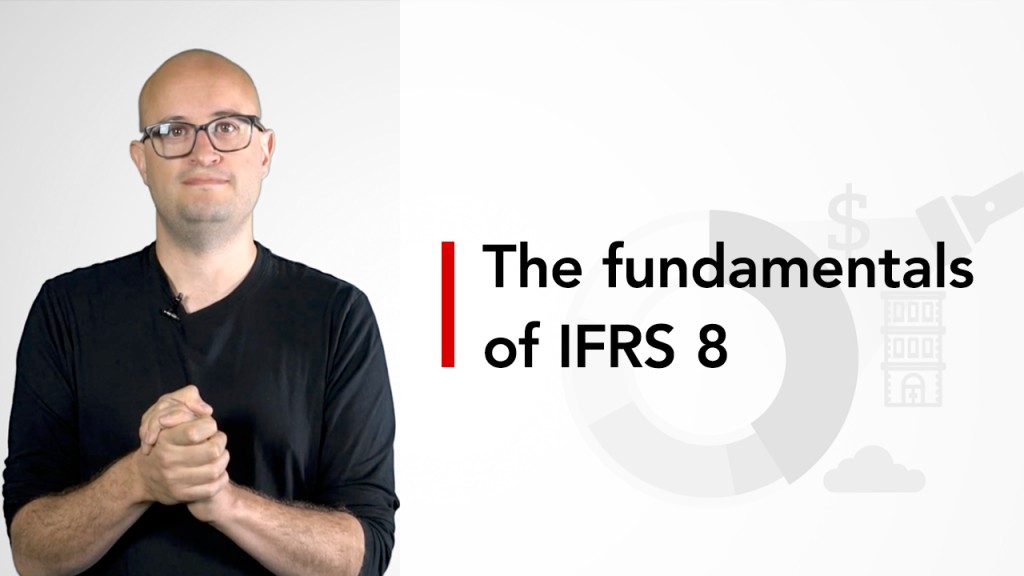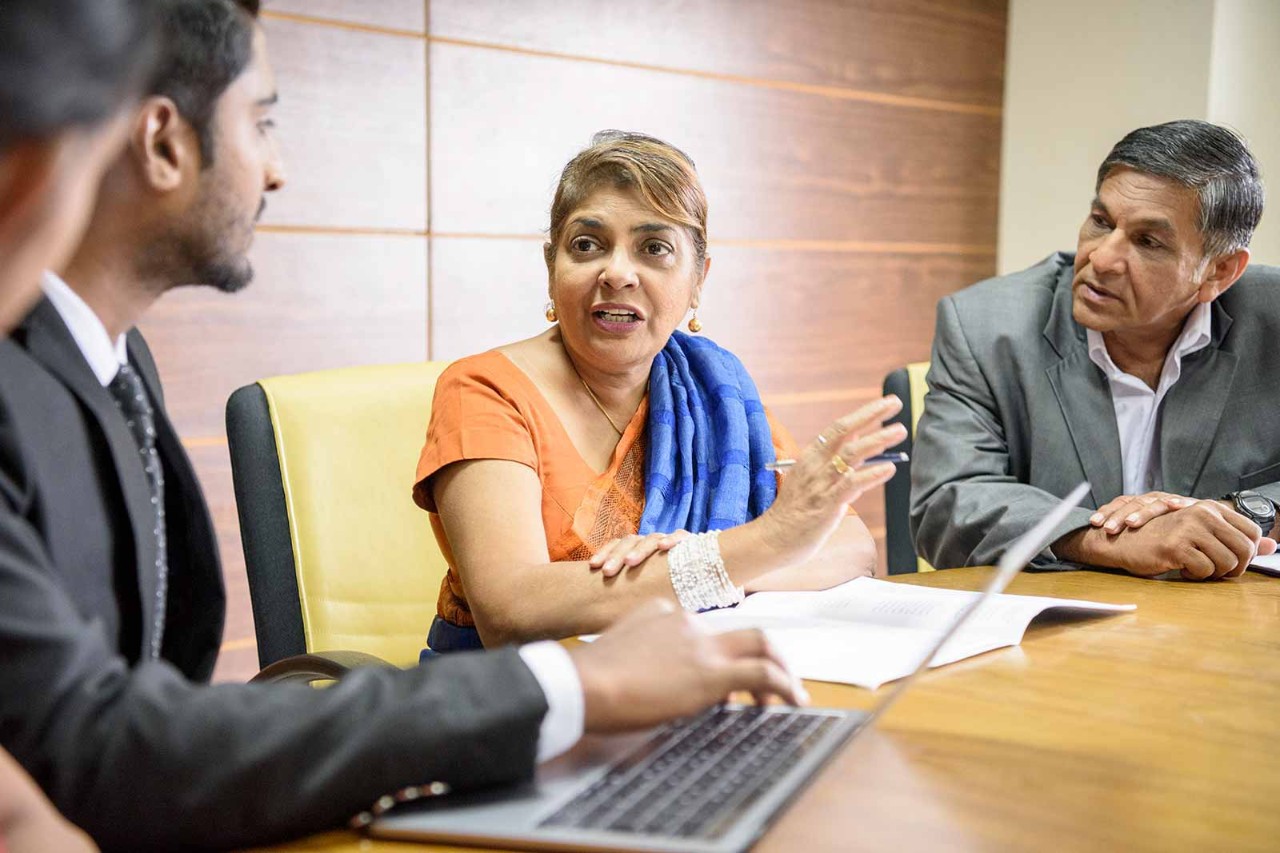
Sustainability
The International Sustainability Standards Board (ISSB) has released its strategy to create a ‘global baseline’ of guidance on how companies and public organisations should make disclosures about their impact on the environment and society. This core advice, which the ISSB hopes to release by the end of 2022, will take account of the ongoing consultation on the first two proposed standards released in March, a draft climate standard and a general requirements standard. The ISSB wants ‘public authorities and market participants… to contribute towards the development of the global baseline and to require or encourage its widespread use’.
Meanwhile, the ISSB has launched another detailed set of consultations on sustainability reporting, to help develop a taxonomy that will enable disclosures to be made and processed digitally. The IFRS Sustainability Disclosure Taxonomy would be the counterpart to the IFRS Accounting Taxonomy developed to enable digital consumption of information provided by companies applying IFRS Accounting Standards issued by the International Accounting Standards Board.
UN SDGs
GRI (the Global Reporting Initiative) has updated its linking of disclosures in its standards against the targets set by the 17 UN Sustainable Development Goals (SDGs). The Linking the SDGs and the GRI Standards resource maps GRI disclosures against the targets set under each of the SDGs, making it easier to measure, track and communicate progress on the global goals.
Ethics
The International Ethics Standards Board for Accountants (IESBA) has announced it will develop globally applicable ethics and independence standards for sustainability reporting and assurance. The board’s sustainability working group will release a plan by December 2022 to guide IESBA standard-setting in this area.
The Public Interest Oversight Board (PIOB) has called on the IESBA to review its definition of ‘engagement teams’ of practice-based accounting and audit experts. The global oversight body for audit, assurance and ethics says the independence provisions of the IESBA ethics code should apply in future to service providers and external experts as well as engagement team members.
With companies lobbying to influence the burgeoning growth in sustainability standards and reporting, GRI has called for a review of ethical lobbying standards and transparency. GRI says a review should consider ‘the momentum towards more responsible climate lobbying, such as investor-led pressure to increase accountability’.
Future-ready professionals
The International Federation of Accountants (IFAC) has called on global business leadership to proactively work with other parts of their organisations to source and process sustainability information that might otherwise remain siloed. IFAC has highlighted the need to drive connectivity between sustainability and financial information and processes, creating a critically important ‘integrated mindset’.
IFAC’s Professional Accountants in Business advisory group has released a paper explaining how professional accountants can add value to their organisations by playing a bigger role in driving sustainability and value creation at the same time as responding to unprecedented trading and economic conditions.
Integrated reporting
The Value Reporting Foundation (VRF) has released more details on how its sustainability reporting work will be integrated into tasks undertaken by the IASB and ISSB. VRF said that the IASB and the ISSB will assume responsibility for VRF’s integrated reporting framework. IASB/ISSB chairs and vice chairs will work together to gain consensus on how to build on and integrate the framework into their standard-setting projects and requirements.
Green energy
The World Benchmarking Alliance (WBA) has announced a strategic partnership with The French Agency for Ecological Transition (ADEME – Agence de la Transition Écologique) to accelerate global decarbonisation and green energy growth of the private sector. WBA has been working in close collaboration with ADEME for the development of the climate and energy benchmark. Based on assessing low-carbon transition (ACT) methodologies, founded by ADEME and CDP, the benchmark measures and ranks companies across high-emitting industries.





